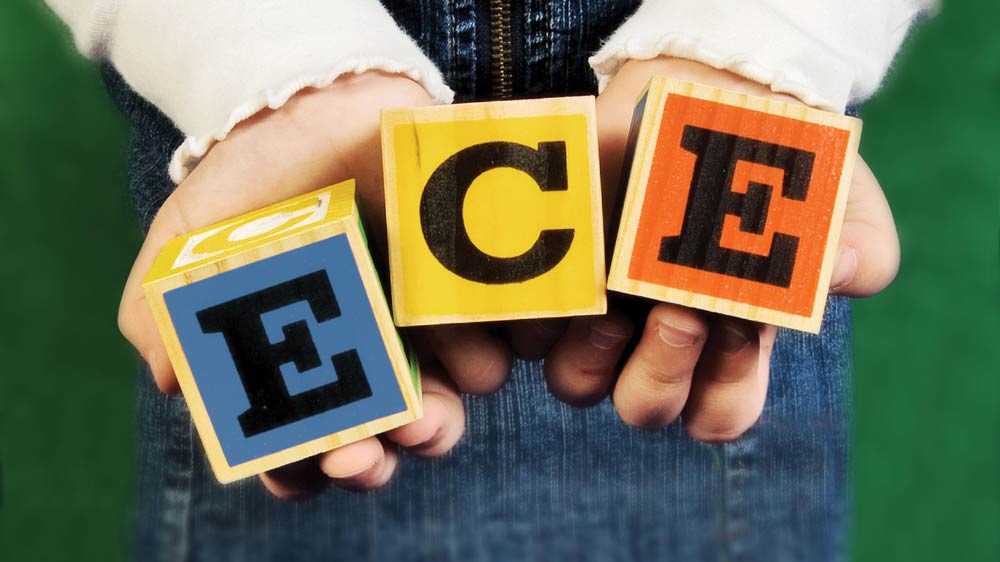The Need for Quality Early Education - Indian Perspective


“About 50% of class 5 students can read class 2 texts and about 28% of class 3 can solve simple subtraction problems!” These are some worrying results of the Annual Status of Education, ASER report by the NGO Pratham.
It’s not just one report, there are many, including the ones from UNESCO and FSG, which point to the same problem – The surge of learning deficit in India’s children.
Alarmingly, the learning deficit is seen only in elementary school children is now seen among young adults!
So, where does the problem lie?
The root cause for the depressing results is not with the education these children are now receiving at the ages of 6-14 years but the lack of quality in early education during their 0-6 years. Early childhood education (0-6 years) is aimed to equip children adequately not only for formal education but also to equip them with learning skills for life.
We need solutions that can improve learning outcomes in early childhood through activity-based education so that children are adequately equipped to be fundamentally strong in Math and English. Researched studies have established that the formative years of a child is a crucial phase for brain development. Every experience during this phase multiplies the neural connections between brain cells and repetitive experiences strengthen them. Therefore, learning opportunities should be maximized.
What is the solution then?
We need a system that sparks interest in learning and makes children “able to learn” – A good early education program will include:
- A structured learning environment with stimulation for children
- An experiential learning based curriculum
- Practical to theory approach
- Well trained and motivated teachers to implement the curriculum
- Robust assessment methods
Why is the quality of early education important to us?
The population of children in India below the age of 14 stands at 400 million. Today’s pre-schoolers will enter the workforce in two decades’ time. By then, technology may have profound effects on the jobs available. Today in 2019, we cannot predict what specific skills will be required to enter the workforce, twenty years from now. But, one thing is certain the working experience will be far different from today.
However, one aspect is for sure: The ability of the children to succeed in learning, specifically the skills they will need two decades from now, is closely linked to their early learning experiences.
The only way to ensure our children are prepared for the world is to give them a strong start now.
The Author of this article is Mridula Shridhar, Co-founder and Director, Kreedo Early Childhood Solution











